|
One of the major current marketing trends is personalisation. It's nothing new, but oh so important.
There are many small (tourism) businesses that are run by extremely passionate, competent people. They truly care about providing their customers with a quality experience. You may be one of these people. The service you offer is often very personalised and that’s what your customers particularly like, and what makes you stand out from the bigger businesses. Yet, I see so many of these businesses not reflecting that personal touch on their website. They don’t really like having their photo or even their name on their website. This morning I looked at a website of a lodge that offers hosted accommodation. A beautiful property with a high qualmark rating. But there was no “about us” page – no information or photo of the hosts. So these people are offering a very personal product but this doesn’t transpire on their website. It’s a lot easier to make a connection if you allow your customers to learn a bit more about you. It makes the experience so much more personal and credible. It shows you care. And it will definitely increase your bookings! So, put information on your website about yourself and your staff. A great example is the About Us page on the Browns Ski Shop website – do click through and see what’s written about each staff member. It makes it much more personal... and they happen to have the best gear and offer great (personalised) service! I’m off there in the next few days to buy new skis! Till next week, Marijke
0 Comments
Providing a great website experience with relevant content will result in more bookings. Great images and videos are a given, but there is another simple way to display content in a clear way. It’s icons! Simple images that draw the eye of the website visitor to what they are looking for. They break up text and clearly indicate what each section is about. This is much more user-friendly than big blocks of text. You can also use icons as navigation buttons for example as I’ve used on this page. So, find icons that represent your content topics. There's a huge range of icons to be found online, for example on: www.flaticon.com/categories , just ensure they are copyright-free to use for commercial purposes. Or even better: design your own to match your branding!
2 new start dates for the Tourism Business Success Programme: Franz Joseph Glacier - West Coast: 17 July 2018 & Queenstown: 27 July 2018 | Registrations now open. CLICK HERE FOR MORE INFORMATION Till next week, Marijke ocial media is a great way to increase the visibility of your business online, showcase what you sell, communicate with your customers and provide up to date, relevant information.
It's wise to list on all main social media platforms as they will all link back to your own website, which is good for search engine optimisation, but for small businesses managing two platforms well is probably enough. In tourism, most businesses are active on Facebook and Instagram, with the latter growing at very fast pace. It's important to set up a schedule to post on social media on a regular basis, ideally on set days. You can also use tools such as www.buffer.com or www.hootsuite.com to automate your postings. I did some research and from my experience working with small to medium-sized businesses, here are the recommended number of posts per day or week by platform: Facebook: 3 to 7 times a week Instagram: 3 to 7 times a week So if you're posting on Facebook and Instagram every other day, you're doing a great job! This should be manageable, easy to plan and you're not overloading your followers with post. IMPORTANT: Don't forget that it's about posting quality content and images/videos, not just posts for the sake of it. Think from your customers' perspective; what would they like to see, what sets you apart from others. Make your life easier by planning your posts in advance. Make a list of interesting topics, images and videos. For ideas, go to the following posts:
Till next week, Marijke Satisfied customers are important, but if you manage to delight them, they are more likely to write rave reviews, recommend you to others and come back. If you have an ‘emotional connection’ with your customers by creating a more personalised and memorable experience where they feel special, they are more likely to write positive reviews and recommend you to others.
Here are some ideas to delight your customers:
LAST CHANCE to register for the Tourism Business Success Programme starting on the 3rd of May 2018 in Queenstown. 50% funding available for qualifying business. CLICK HERE for more info. Don't miss out and take some time to work ON your business and take it to the next level! Till next week! Marijke
And here's this week's tip:
With the information overload that your customers are facing, now more than ever before, you need to present information that is useful, relevant, entertaining, novel and interesting. When I was trying to think of a topic for this week's tip, I thought you'd like this one! I found the infographic below with 57 great content ideas. Have a great weekend! Marijke Many people that search for a business like yours could be doing this through Google Maps. Or they may use voice search, a fast-growing type of search. Say someone searches 'restaurants Te Anau', you'd want your business to come up near the top so people click on it. There are several simple ways to achieve this. Here's how:
Till next week, Marijke PS: Did you see the article below in last week's Mountain Scene? Due to popular demand, we are planning an extra Tourism Business Success Programme in Queenstown on the 3rd of May 2018. For more info, go to: www.smartraining.co.nz/2018-tourism-business-success-programme.html As kids, we have the help of coaches in many areas of our life. From teachers at school, to sports coaches and tutors. And of course, parents play a big role too.
But as we get older, and especially if we start our own business, we are under the illusion that we don’t need a coach, we can do it all ourselves. I am a huge believer in ongoing professional and personal development. I love reading, learning and have always had support networks (mastermind groups, coaches) around me in my professional and personal life to help me grow. In my business, I have the pleasure to work mostly with small businesses – that’s no wonder as in New Zealand 97% of businesses have fewer than 20 employees. I love working with these business owners as they are all extremely passionate about what they do. What saddens me a little is that these businesses could be much more successful and have a much better lifestyle if they spent more time working ON their business. As the saying goes: “If you don’t know where you’re going, how are you going to get there?” The result of the planning survey of 200 businesses I carried out last year had as main reasons stated: no time and no support. It seems so simple, doesn't it; write down your goals, create an action plan, learn the skills to either carry out the plan yourself or outsource some of it. But it’s a bit like trying to lose weight or achieve in any sport. It’s much easier with a coach! The most satisfying part of my job is seeing business owners be successful, not just in their work, but also in their work-life balance. The newly developed Tourism Business Success Programme is designed to help businesses with this. It's starting next week (in Te Anau, followed by Invercargill, Dunedin, Queenstown and Central Otago and in June in Northland) and I am so excited to work with the businesses that have registered. There are a few spaces available, so just do it! There is 50% NZTE funding available for qualifying businesses. Invest in your business and yourself, get the support, learn, be inspired and thrive! Your return on investment will be worth it, that’s my promise! For more information, go to: https://www.smartraining.co.nz/2018-tourism-business-success-programme.html Sending your customers a long link, such as a google map location, doesn't look very user-friendly. For example: www.google.co.nz/maps/place/1+Ballarat+St,+Queenstown+9300/@-45.0327461,168.6583389,17z/data=!3m1!4b1!4m5!3m4!1s0xa9d51d8136d4fbad:0xf9434d5b68db6127!8m2!3d-45.0327461!4d168.6605276?hl=en . Another example of a long url is a link to your Tripadvisor review page . Sending this link to your customers to encourage reviews is a great idea, but the long link looks terrible. But don't despair! It's very simple little tool to shorten your url. It’s called the Google URL shortener. Just go to: https://goo.gl/ Cut and paste the long URL in the box and click SHORTEN URL. The shortened URL is now: www.goo.gl/SJaKVv . That looks a lot better, doesn't it!
Till next week, Marijke. As I’m going to do more interviews and videos as part of the Tourism Business Success Programme, I invested in a new microphone. It’s the Rode VideoMicMe and you can attach it to your smartphone for amazing sound.
I ordered the product from a NZ online company called Rubbermonkey.co.nz. I had never heard of it before but found it by searching for the VideoMicMe. The reason I trusted the company is that it had an About Us page with the team that works there, their names, roles and contact details. They also have two physical locations, which made me feel confident to buy a product with them. So what happened? Well, I was absolutely delighted with their service. I had one question and rang their 0800 number and then placed the order. This was YESTERDAY! The product just arrived an hour ago. That is amazing! (for New Zealand – deliveries from the North to the South Island usually take at least three days!) It had a tax invoice in it, and a few banana flavoured lollies (Rubber Monkey, get it)? That was cute. Needless to say that I’ll give them a rave review and would buy from them again. I do hope they ask me for a review and keep in touch! To get more and better reviews, first of all: delight your customers! Then ask them for a review and keep in touch with regular updates. This will increase you direct business too! Till next week, Marijke Oh, and don't forget to register for the Tourism Business Success Programme - registrations now open but filling up! Starting soon! Most people don’t really like the idea of a pop-up box on a website, but they do actually work! So yes, do use them! They are very useful when you have something to offer your customers: encourage them to sign up for something worthwhile and they will! Pop-up boxes have come a long way. There are tools out there now that offer a much better user experience. I personally find it a hassle when a box pops up when you’re in the middle of reading something. So instead of interrupting the website user experience, you can get a box to pop up right at the start when people open a page, or upon exit, or after say 20 seconds. And once people have clicked out of the box, it won’t appear again unless they clear their browsing history, which makes it less annoying. Mailchimp for example offers a cool pop-up box tool, so have a go if you use Mailchimp! Here are a few tips to create a great pop-up box:
Don't forget to check out the 2018 Tourism Business Success Programme. Starting soon! Registrations now open (only 10 places per location). Click here for more info!User-generated content is hugely powerful. It's when customers share photos and their experience about your business on social media. It's 'word-of-mouth marketing' and it's free! It works because it's much more credible when your customers say nice things about you than when you do it yourself.
So how can you make it easy for customers to share positive photos about your business or experience? It's simple. Create a photo opportunity at your business location that people can't resist. It can be a funny board with a hole for their face (cheesy, I know, but people love them!). If you do this, ensure it has your business name, website address and hashtag so it's easy to share. Another idea for a photo opportunity is a large 'prop' of some sort, something unique, cute, funny beautiful etc. I was at Houston, Texas yesterday and just had to take a pic of these huge cowboy boots (about 2m tall). What could you come up with for your business that people would want to take photos of? Generate a simple, short hashtag that relates to your business. To encourage people to use your hashtag, you could start a competition and offer a prize for the best photo with that hashtag. PS, have you checked out the new Tourism Business Success Programme yet? Click here for information about this exciting 9-month programme that will help you take your business from where you are now to where you want it to be! Only 10 spaces per location - registrations are now open! Till next week, Marijke Video, whether recorded or live, is becoming more and more important in social media. Did you know that:
Most tourism businesses are using Facebook, Youtube and Instagram, and those targeting the younger demographic also use Snapchat. All these platforms have a live streaming option: Facebook live, Youtube live, Instagram live and Snapchat. If you do decide to use live streaming, make sure you let your audience know beforehand! So, have a go - it may take a little practice, but once you get into the habit of making (short - no more than 2 mins) videos, you'll reap the rewards! I’m making a video myself at the moment and will share it with you in the coming week. Watch this space! I've found a little video that explains how to make a simple video using your i-phone. The filming quality of newer model smartphones is so good these days, that you can easily make a video yourself. And it looks authentic rather than too polished! I was amazed to hear that a friend ofmine was recently interviewed (and filmed) by a journalist for TV using a smartphone! Here's the tutorial. Till next week, Marijke Did you know that around 40% of adults use google voice search on their mobile every day (and the younger demographic even more)?
Google also recognises where you are. So, if I do a voice search: "Where can I find a Mexican restaurant?", Google gives me the Mexican restaurants in Queenstown (as this is where I'm based). Or: "What are the local walks?", Google gives me a list of websites where walks are listed. Voice search is growing at a fast pace and it's important and easy to optimise your website content for voice search. Here are a few tips:
Till next fortnight, Marijke …And suddenly it’s only 17 days till Christmas. This is my 24th Christmas in New Zealand, and a summer Christmas still seems a little strange. Not that I mind it; it’s lovely to have warm weather, BBQ’s, paddle-boarding on the lake, walks, long daylight and time with friends and family.
But no matter where you are in the world, it seems to come around quicker every year and there is so much to do. You have all your preparations on the home front, and then there are also a number of things to do at work. So, to make it easier for you, I have put together a checklist of things to think about on the work-front. Feel free to add more ideas in the comments below, and I’ll add them to the list! Here we go:
All the best with your Christmas preparations! Marijke As Instagram continues to grow with over 800 million users each month, it's become the go-to channel for brands as customer engagement on Instagram is higher than Facebook.
Did you know that Instagram Stories became more popular than Snapchat just one year after it went live? Here are 64 tips to help you make the most of Instagram: NOTE: for the 2017/18 summer, I will be writing fortnightly tips instead of weekly ones. Last summer, I carried out a survey re tip frequency, and many of my readers preferred fortnightly tips in summer as they are busy looking after visitors (in NZ)!
Below is an excellent infographic with some great tips to help you design the perfect logo. Also, don't forget to research your competition so your logo doesn't resemble theirs! I see a lot of logos looking very similar, so do ensure yours is unique and different. Coming up in Queenstown:
2 NEW Email Marketing 1/2 day courses for tourism, hospitality and retail businesses: 7 Nov 2017: Starting with Mailchimp: grow your direct bookings 9 Nov 2017: Advanced Mailchimp & Email Marketing Strategy Development Registrations closing soon! Click here for more info. 50% NZTE funding available. My grandfather was a tulip grower during the last century and times were difficult in post-war Holland. They lived with 7 children - all girls - near a town that was bombed over 100 times during the war. But him and his brother managed to make a success of their business as they developed half a dozen unique tulip varieties. Now, some 65 years later, these beautiful tulips are still exhibited at the famous yearly Keukenhof Flower Show in Holland and are sold world-wide. You can imagine my surprise when I saw this variety - Flaming Parrot - in a garden centre here in Queenstown, New Zealand. (I actually got tears in my eyes..). I planted them last autumn and this is the result. I have given these bulbs to several friends as a present - with the story of my grandfather who developed this variety. It makes it much more personal and my friends love them too.. By telling a story, you can add value to your product or business. Whether it's the history, the people or whatever the background, it adds an extra dimension, something to remember you by and an emotional connection. Just like with these tulips. So, what are the stories you can tell about yourself and your business/products? Till next week, Marijke 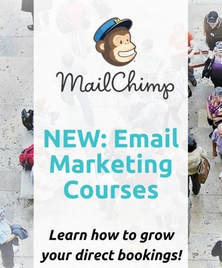 Do you operate a business in Te Anau or Queenstown? Then this is your last chance to register for one of the Mailchimp courses NEXT WEEK 25 & 26 October 2017 and 7 & 9 November 2017 in Queenstown. If you would like to grow your direct bookings, then these courses will be invaluable to your business! Click here for more info! Call to action buttons are an effective way for people to book, register, download or whatever you want them to do on your website. When you look at a website, your eye is automatically drawn to buttons that stand out. Here are a 5 tips to ensure you have the best call to action buttons on your website: 1. Action-packed words. The words you use on your button will encourage people to click. Keep the sentence short, but ensure they have meaning (rather than just ‘click here’). A sense of urgency works well too. For example: - free 15-day trial - reserve your seat now - book now - shop the 2-day sale - download whitepaper - take this course 2. Location on your website. The location of the button is vital! The best location is at the top of the page or near the top. And ensure you have a call to action on each page! 3. Large and legible text. Use a simple, easy to read font. 4. Size of button. Ensure your button is large enough to stand out with a bit of white space around it. 5. Colour of button. The best colours are green or orange. If these colours don’t work with your branding, just ensure you use contrasting colours so they stand out. So, spend a bit of time improving the action buttons on your website for improved sales! Have a great weekend, Marijke
Do you check your emails on your mobile? Chances are you do. And so do the majority of people. You have a spare minute and quickly scan your emails to see whether any of them should be read now.
You see 3 lines (take your phone and have a look):
So check your name is recognisable and ensure your subject lines attract the attention you want! Click here for info on Mailchimp Email Marketing Courses in October 2017 in Te Anau and Queenstown, NZ- register now! Till next week, Marijke I was just writing a 'serious' marketing tip and thought: 'Hey, it's Friday afternoon. I'll keep the serious one for Monday and find some fun marketing ideas instead!' So here they are... and have a great weekend! Marijke Registrations closing soon for two great NEW Email Marketing courses to help you grow your direct bookings! October 2017 in Queenstown and Te Anau. Click here for more info!
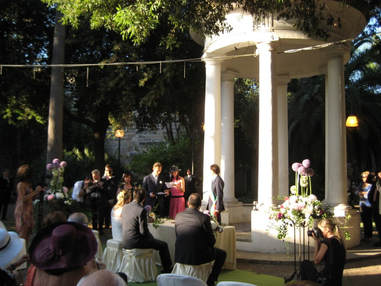 Three years ago, my sister and brother in law attended a wedding in Lecce, Southern Italy. The whole wedding party stayed in the same hotel. Once back home, the hotel sent out email newsletters to their client database (incl. my sister) every few months. Last month, my sister and her husband took the kids on holiday to Southern Italy. And guess where they stayed? In the same hotel. And they booked direct! Do you think they would have stayed there if this hotel hadn’t stayed in touch with them? Definitely not. They would have looked on booking sites for the best deal and probably wouldn’t have remembered the hotel as they have stayed in so many other places in the last few years. Are you losing too much business to Online Travel Agencies or your competition? Then it's time to learn how to grow your direct bookings and sales through email marketing. Email is still the best way to get your message to customers and prospects. Email marketing yields an average ROI of 4300%, which is much higher than any other marketing method. Did you know that an email message is 5 times more likely to be seen than a Facebook message? I have used email marketing successfully for my clients and my own business over the last 16 years and have now developed these new courses (Starting with Mailchimp and Advanced Mailchimp). These courses are approved by New Zealand Trade and Enterprise and 50% funding is available for qualifying businesses. The first series will be held in Queenstown and Te Anau in October 2017. Click here for more information! Many (tourism) businesses are using Instagram to promote their products. Great images and short video clips are a powerful way to get your message across.
But did you know you can also advertise on Instagram? Just like on Facebook, you can target specific audiences with relevant ads. The key is to learn how to do this yourself. Even if you outsource it, it's still important you know how it works. Thankfully, Instagram has created some fantastic resources and tutorials. Go to: https://business.instagram.com/getting-started/#why-instagram Set some time aside every day for a week or so to learn a valuable new skill that could be of great benefit to your business! Till next week, Marijke Four years ago, I published the article below. Over the years, it has received thousands of views worldwide. Here's the article once more with a few updates!
It is no secret: I am passionate about customer service. I get a real kick out of providing the best possible service to my clients and as a customer favour businesses that provide great service too. Businesses that provide great service benefit as their customers will keep coming back for more. What restaurants or cafes do you like to go to and why do you go there? It’s usually the friendly service and great food that do the trick. Oh, and they probably know your name too! You have an 'emotional connection' with them. One thing that businesses with great service have in common is that they also have great internal customer service. What is internal customer service? Internal customer service is the service we provide fellow employees and other departments within our own businesses, as well as our suppliers or members and anyone else with whom we work to get our jobs done. It is what we do when a colleague asks for information he or she needs to complete her main task for the day; it is what we say when the marketing person asks for the addresses of good contacts; it is how we greet the front line manager when he walks into our office with an "I need something from you" expression on his face. Why is internal customer service so important? In helping others at work, you help your company succeed. Superior internal customer service improves morale, productivity, employee retention, external customer service and, ultimately, profitability. I see businesses with happy staff that do this very well, and sadly, I also see businesses where it's the opposite. Below are some tips to improve your internal customer service: 1. Set customer service standards. With your team, create customer service standards (both internal and external). Thinking through the process and setting standards for response times for things like emails, phone calls or internal requests help to set expectations for employees. Employees should be held accountable for responding to a co-worker’s request within a predetermined period of time. 2. Lead by example Lead by example: treat others like you want to be treated. Be friendly, compliment staff where possible (catch them doing something good!!), encourage them and show your appreciation. Don’t EVER criticize them in public. It is humiliating for them and reflects badly on you. 3. Regard your co-workers as customers Treat your co-workers with respect: regard them as your customers. Understand that helping your colleagues do their jobs more successfully helps your organization and you. Therefore they are your customers. Treat them like VIPs! 4. Exceed your internal customers' expectations. When someone exceeds your expectations, how do you feel? Most people feel delighted, excited, upbeat and very, very positive about that person and his or her organisation. Think what you can accomplish in your organisation by exceeding the expectations of fellow employees. 5. Say thank you. A simple, genuine "thank you" goes much farther to create an atmosphere of sharing and helping than two such small words would suggest. Even when it is a person's job to provide information or a product to you, tell them "thank you" when they have done it. Express your appreciation of their timeliness in providing it. Explain how it has made your job much easier. Show them your delight when they exceed your expectations. 6. Train your staff Train your staff the importance of customer service, both internal and external. It can be a useful to hire someone to help you. (Note: at SMARTtraining, we offer these services and have helped many businesses improve their external and internal customer service). 7. Manage performance Standards and training are important, but unless employees are held accountable for expected behaviour, these are pointless. This is why it’s important to have a performance review process that incorporates employee expectations with goals that are tied to pay and reward systems. So, if you have great internal customer service systems in place, your staff will be happier and will be able to provide better service both internally and externally. This will ultimately lead to better profitability! If you need help improving customer service, let us know! Till next week, Marijke PS: if you have any comments to this tip, please click the add comment box below! |
Categories
All
Archives
September 2021
AuthorMarijke Dunselman. Click here to read more about us! |

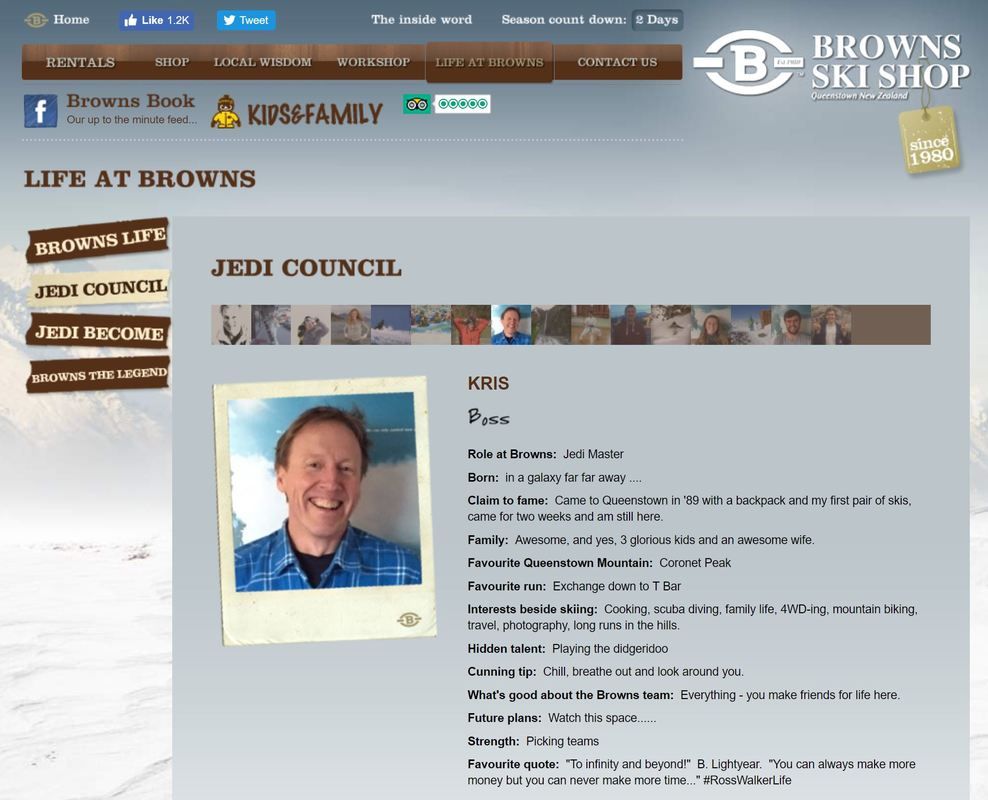


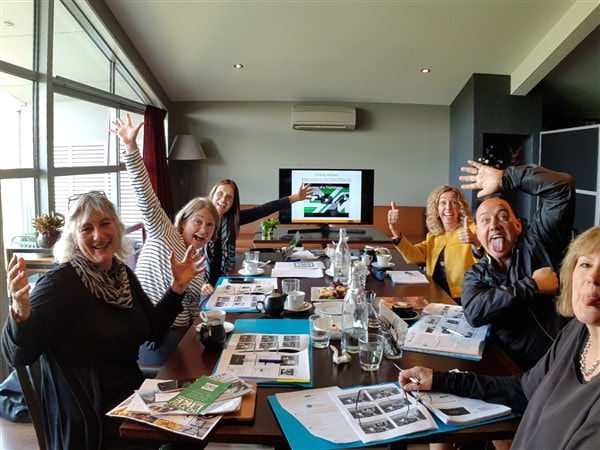

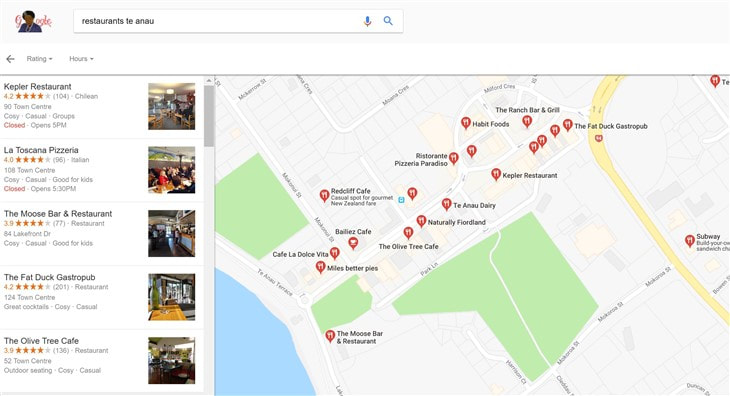

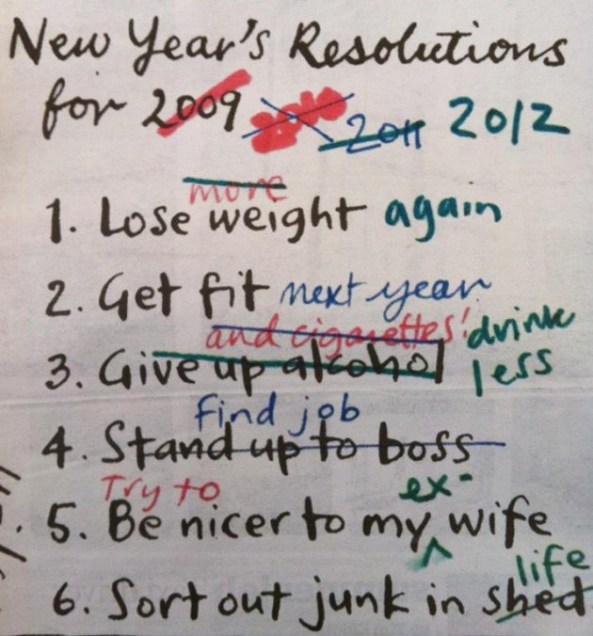


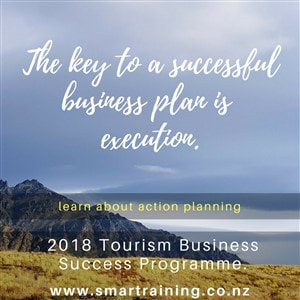
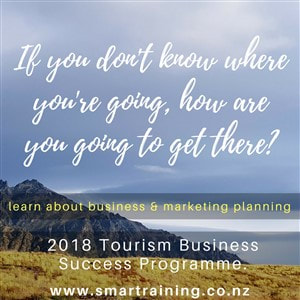

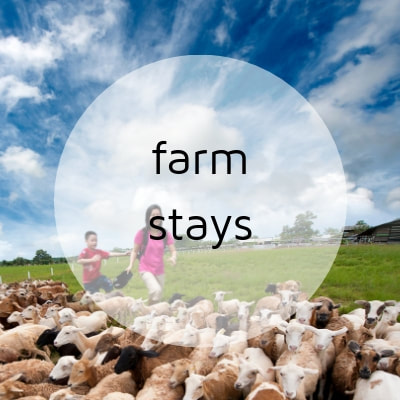











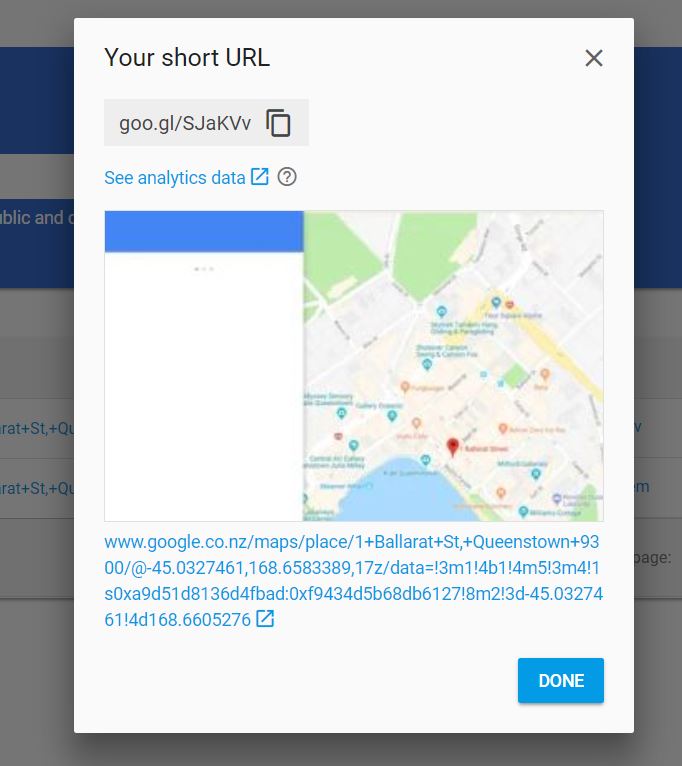
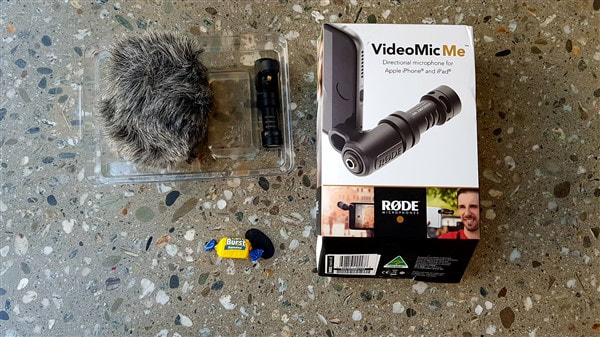
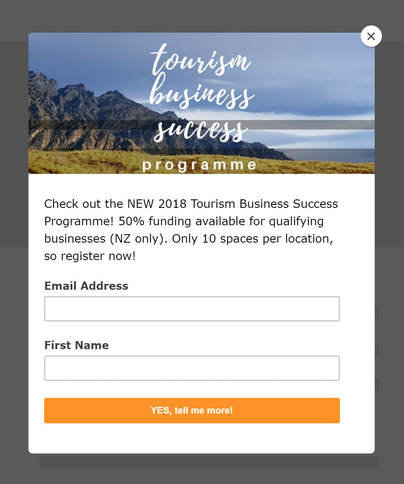
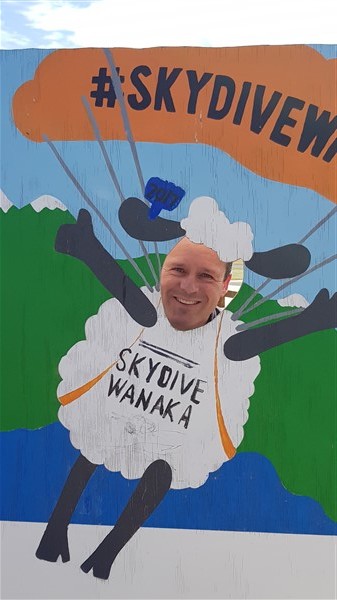
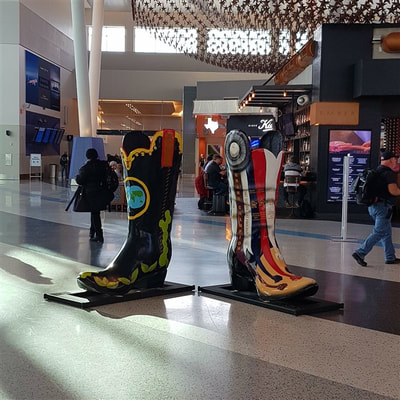
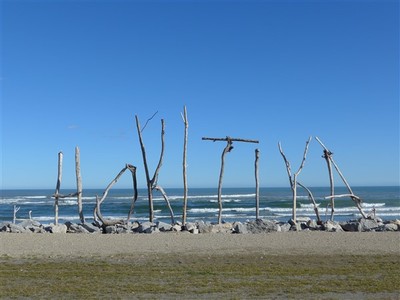




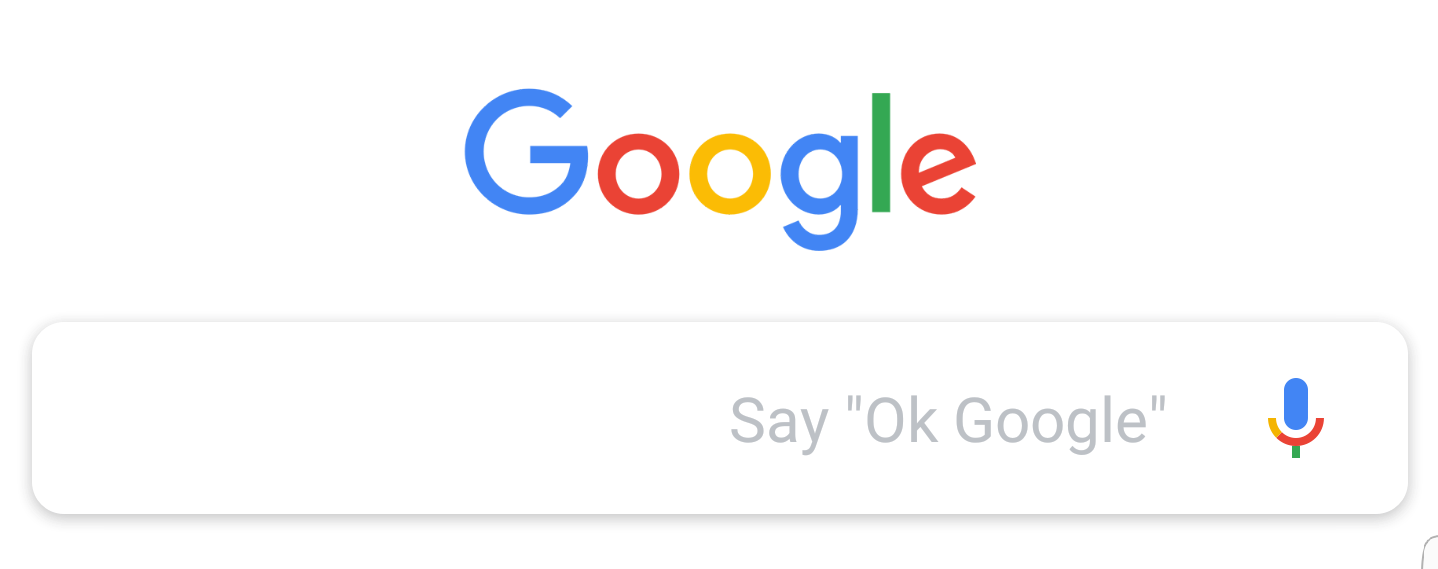
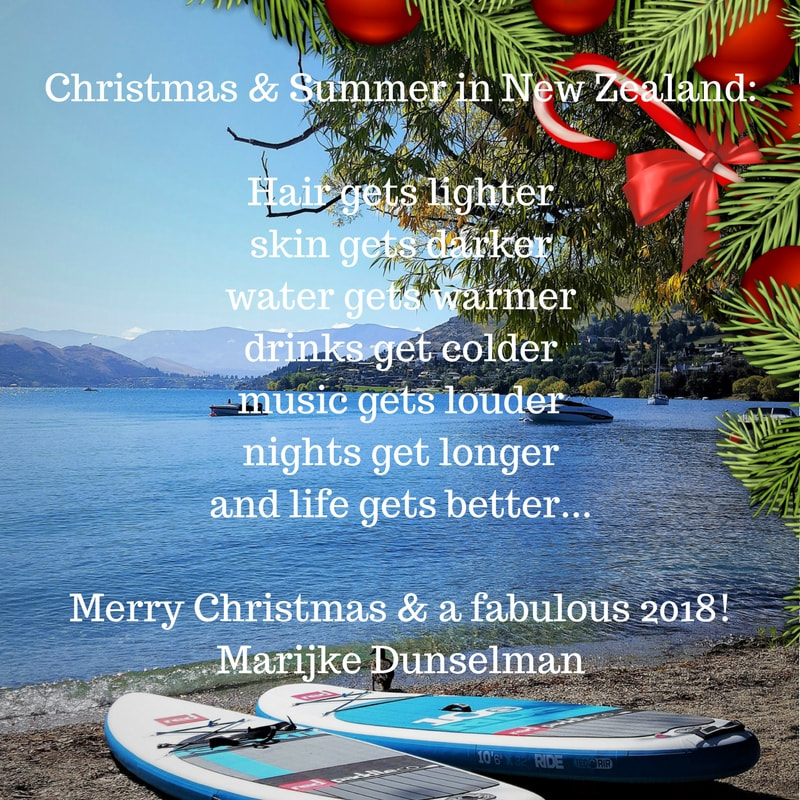
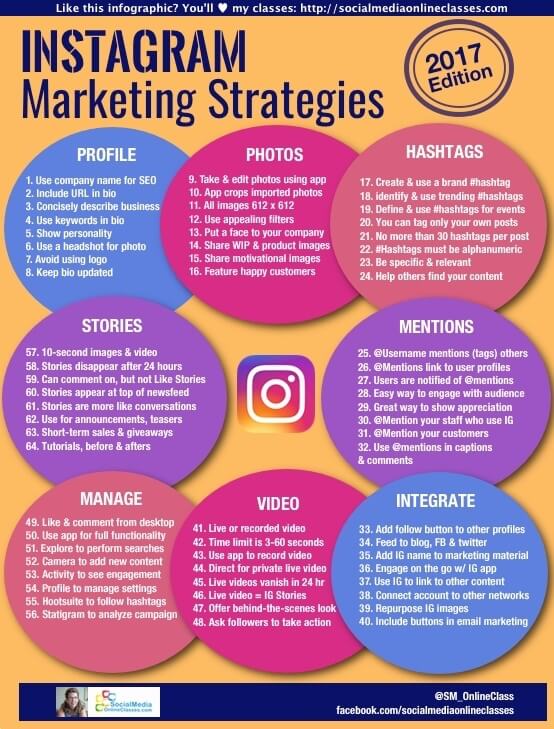






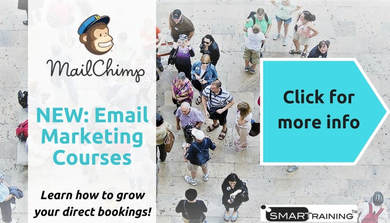



 RSS Feed
RSS Feed


